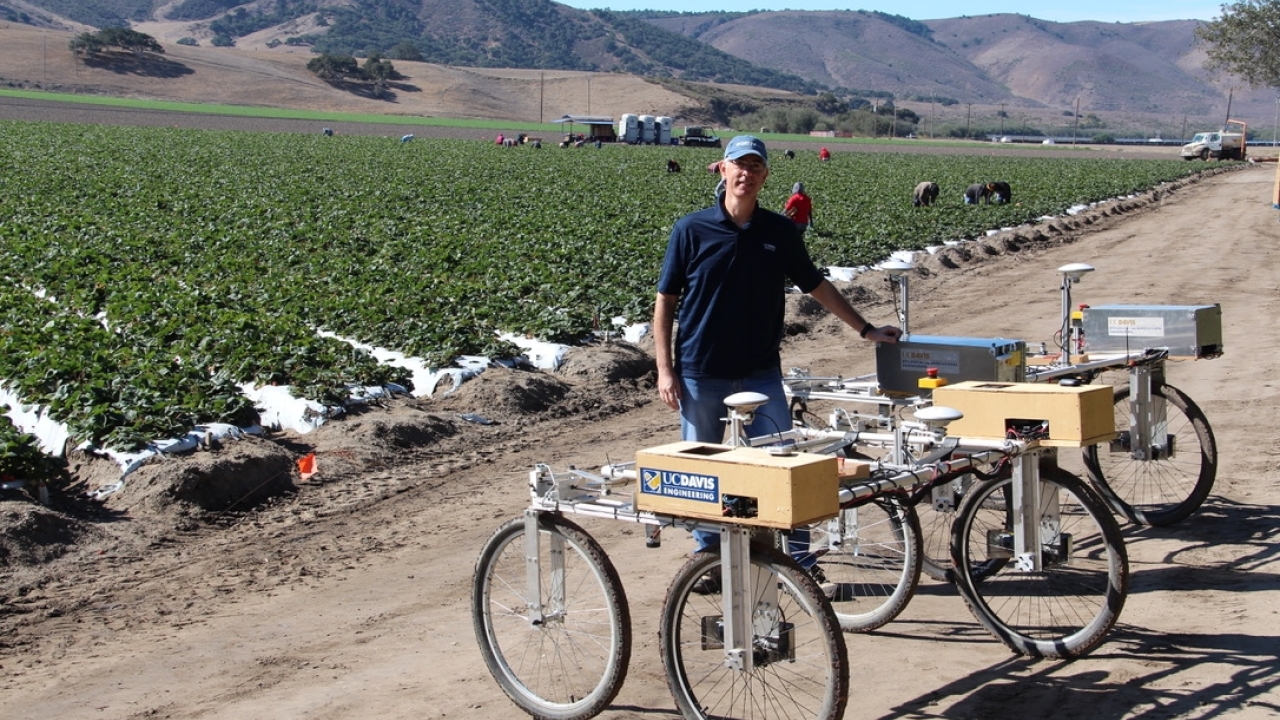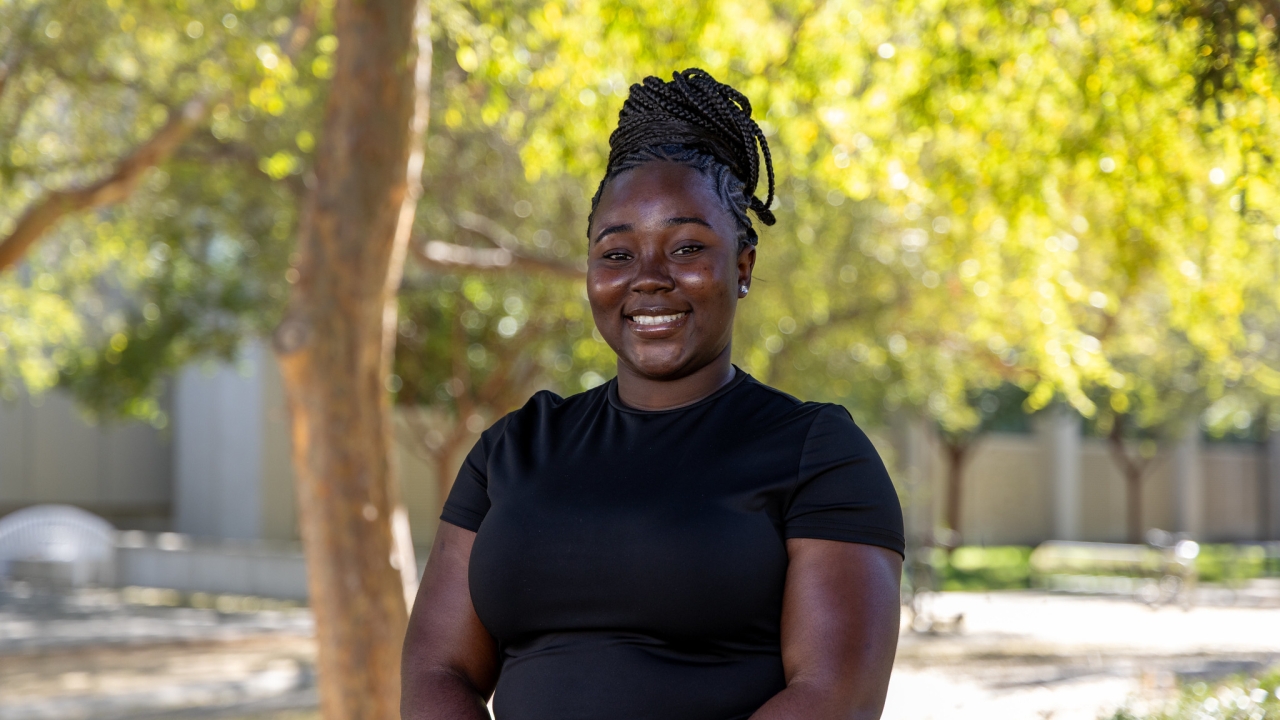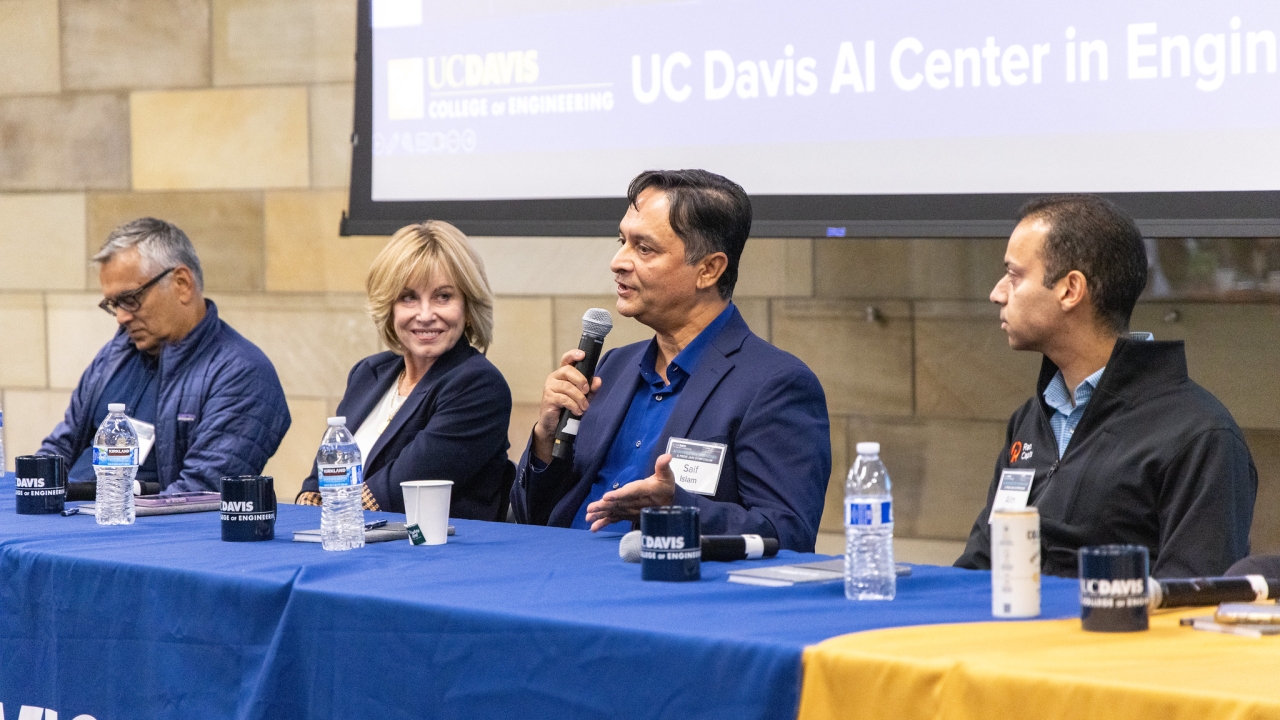Meet Our New Faculty
The College of Engineering welcomed ten new faculty in the 2021-22 academic year with diverse experience and expertise in teaching, AI/machine learning, security, pavement engineering, quantum computing, optics, food engineering and more. They are proud to join UC Davis and look forward to striking up collaborations with their new colleagues and industry to address significant engineering challenges in the 21st century.
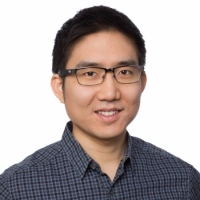
Isaac Kim
Assistant Professor, Computer Science
Quantum computations can require millions or billions of steps to solve a problem, so Kim works from both a hardware and software perspective to ensure quantum computers can work efficiently and reliably. He received his B.S. at the Massachusetts Institute of Technology (MIT), his Ph.D. at Caltech and was a postdoctoral scholar at IBM, Stanford University and the Perimeter Institute in Canada. He also worked in industry and as a lecturer at the University of Sydney before joining UC Davis.
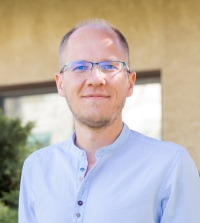
Slobodan Mitrović
Assistant Professor, Computer Science
Mitrović’s group develops new algorithms that help large, graphlike networks of machines to work together to process data and complete tasks. His goal is to design efficient, all-purpose algorithms that help these systems process data on a massive scale. He received his M.S. and Ph.D. at the Swiss Federal Institute of Technology–Lausanne and worked as a postdoctoral scholar at MIT before joining UC Davis in 2022.
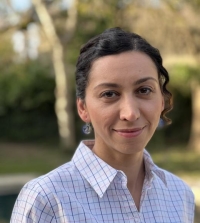
Somayeh Nassiri
Associate Professor, Civil and Environmental Engineering
Nassiri’s research focuses on the sustainable design, construction, repair and maintenance of concrete pavement. Her lab also characterizes concrete materials and develops robust concrete infrastructure designs. She received her B.S. at the University of Tabriz, her M.S. at the University of Tehran and her Ph.D. at the University of Pittsburgh. Before joining UC Davis, she worked as a postdoctoral scholar at the University of Alberta and as a faculty member at Washington State University.
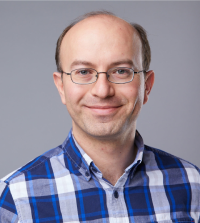
Hamed Pirsiavash
Associate Professor, Computer Science
Pirsiavash designs computer vision and machine learning algorithms that can recognize what’s happening in an image or video. His lab focuses on making these AI algorithms robust, capable of learning from unlabeled data and able to quickly adapt to different situations. He earned his B.S. at Iran University of Science and Technology, his M.S. at Sharif University of Technology and his Ph.D. at UC Irvine. Before joining UC Davis, he worked as a postdoctoral scholar at MIT and an assistant professor at the University of Maryland–Baltimore County.
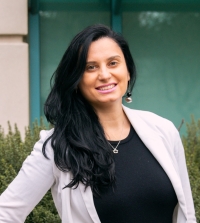
Glaucia Helena Carvalho do Prado
Assistant Professor of Teaching, Chemical Engineering
Prado is a chemical engineer by way of food engineering, a field that combines food science and chemical engineering. She is excited to use her unique background to connect with students, develop food engineering courses and research ways to improve engineering education for women and low-income students. She received her B.S. in food engineering at the University of Campinas, Brazil and her Ph.D. in chemical engineering at the University of Alberta.
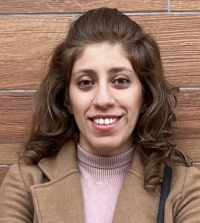
Zahra Sadeghizadeh
Assistant Professor of Teaching, Mechanical and Aerospace Engineering
Sadeghizadeh will use her teaching experience and background in propulsion and thermal fluid fields to develop, revamp and teach mechanical and aerospace engineering courses while connecting with students to inspire them to follow their dreams. She received her B.S. and M.S. at Sharif University of Technology and her Ph.D. at Missouri University of Science and Technology. She started her career at Florida Technical University before coming to UC Davis this fall.
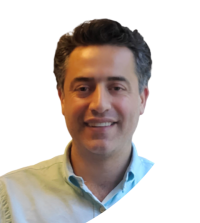
Avesta Sasan
Associate Professor, Electrical and Computer Engineering
Sasan’s research focuses on his dual passions for hardware security and machine learning. He is particularly interested in neuromorphic hardware—architecture that reflects the structure of neural networks—and developing solutions to detect malware, assess security and mitigate adversarial attacks. He is also interested in low-power design and methodology, approximate computing and the Internet of Things (IoT). Sasan received his B.S., M.S. and Ph.D. from UC Irvine and worked in industry and at George Mason University before joining UC Davis.
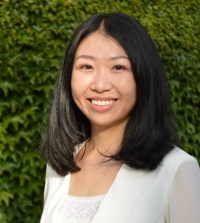
Yi Xue
Assistant Professor, Biomedical Engineering
Xue’s group designs hardware and algorithms to develop high-throughput, high-resolution and high signal-to-noise ratio computational optical systems. These techniques will open new avenues for the optical study of neural circuits in the brain and form the basis for non-invasive brain-computer interfaces to treat mental disease and motor dysfunction. Xue received her B.S. in optical engineering at Zhejiang University and her M.S. and Ph.D. from MIT. She worked as a postdoctoral scholar at UC Berkeley before starting at UC Davis.
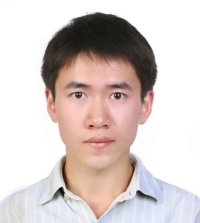
Jiawei Zhang
Assistant Professor, Computer Science
Zhang develops deep learning models and neural networks that can learn from graph data, which describes networks of sometimes millions of connected nodes. With the emergence of big data and the prevalence of graph data in modern research, these data sets are crucial for studying social networks, molecular interactions and neuron behavior in the brain., among other applications. Zhang received his B.S. at Nanjing University, his Ph.D. at the University of Illinois–Chicago, and began his career at the Florida State University. He won an NSF CAREER award in 2020.
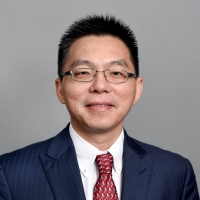
Junshan Zhang
Professor, Electrical and Computer Engineering
Zhang is a pioneer in edge AI and crosslayer optimization of wireless networks. He brings significant expertise in edge AI, 5G, optimization and control of networked systems, and user privacy in the IoT. He is the recipient of an NSF CAREER award, the Office of Naval Research Young Investigator Award, and a co-author of several IEEE/ACM best paper awards. Zhang received his Ph.D. from Purdue University and was a faculty member at Arizona State University until joining UC Davis.
This story was featured in the Spring 2022 issue of Engineering Progress.

